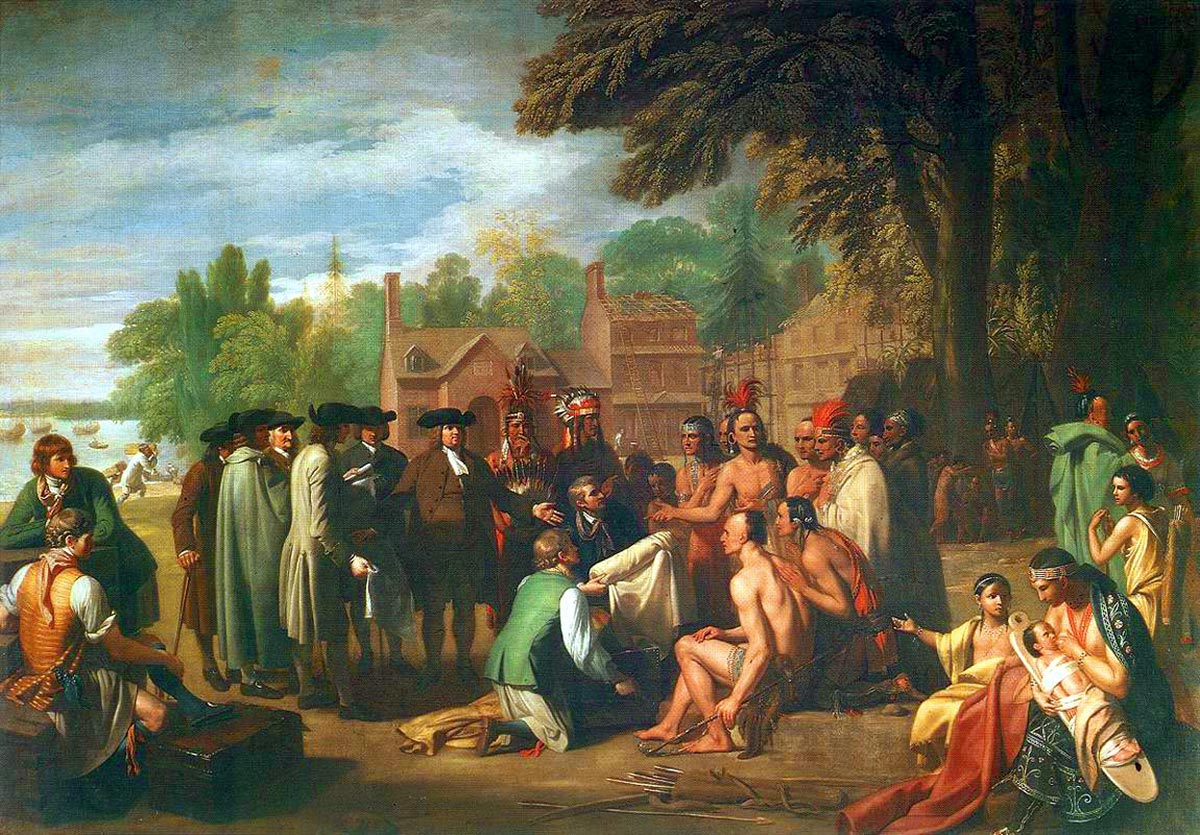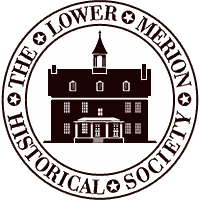Penn’s Charter
Just about everybody knows that Quaker William Penn was given Pennsylvania in 1681 by the King of England to pay a debt owed to his late father, Sir William Penn (Admiral of the British Navy) who fought for the crown and was a particular friend of the royal Stuarts. Curiously, young William (though considered a religious renegade and often in jail) remained on good terms with his king and the Duke of York (the king’s brother, who owned, but relinquished, the land to pay the debt). But not many know that in 1675, six years earlier, the younger Penn, without leaving England, had helped to settle an argument between two Quaker landowners in West New Jersey. This provided him the opportunity to foreshadow things to come when he wrote a liberal frame of government, “Concessions and Agreements of the Proprietors, Freeholders and Inhabitants of West Jersey in America,” emphasizing freedom of conscience and planting seeds of a new order…the Novus ordo seclorum…from which we benefit and acknowledge every time we salute the flag and the republic with “liberty and justice for all.”

As he received reports from New Jersey so Penn learned about the Delaware Valley, how rich the soil, how well-wooded the countryside, how plentiful the game and fish. George Fox, founder of the Society of Friends (Quakers) had traveled from Maryland to Long Island in 1672, dreaming all the while of a refuge for his beleaguered followers. As early as 1661, Parliament passed an act labeling Quakers with their uncomfortable penchant for speaking truth to power, as “dangerous and mischievous,” and real persecution of Friends began.
Consequently, when William Penn petitioned the king for the grant of land that turned out to be almost as big as England, it was at least partly to be a refuge for the persecuted. In 1681 the Great Charter, boldly inscribed on pages of large parchment today in Pennsylvania’s state archives and displayed on Charter Day (March 4), gave into Penn’s hands what he intended to name “New Wales,” but the king’s secretary called “Pennsylvania” to honor his father.
Penn also advertised his American lands widely on the Continent and throughout Britain and caught the attention of merchants, farmers, artisans, educated gentlemen intrigued by “liberty of conscience,” as well as those simply seeking wealth, who together created a colony that became a seedbed for a new nation one hundred years in the future.
